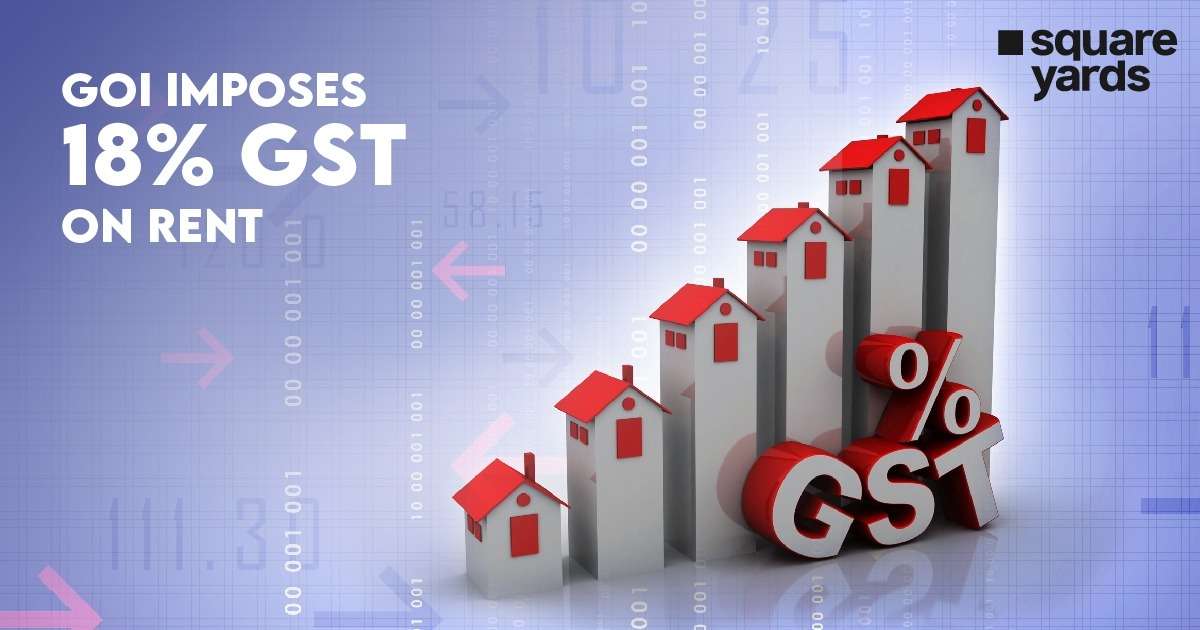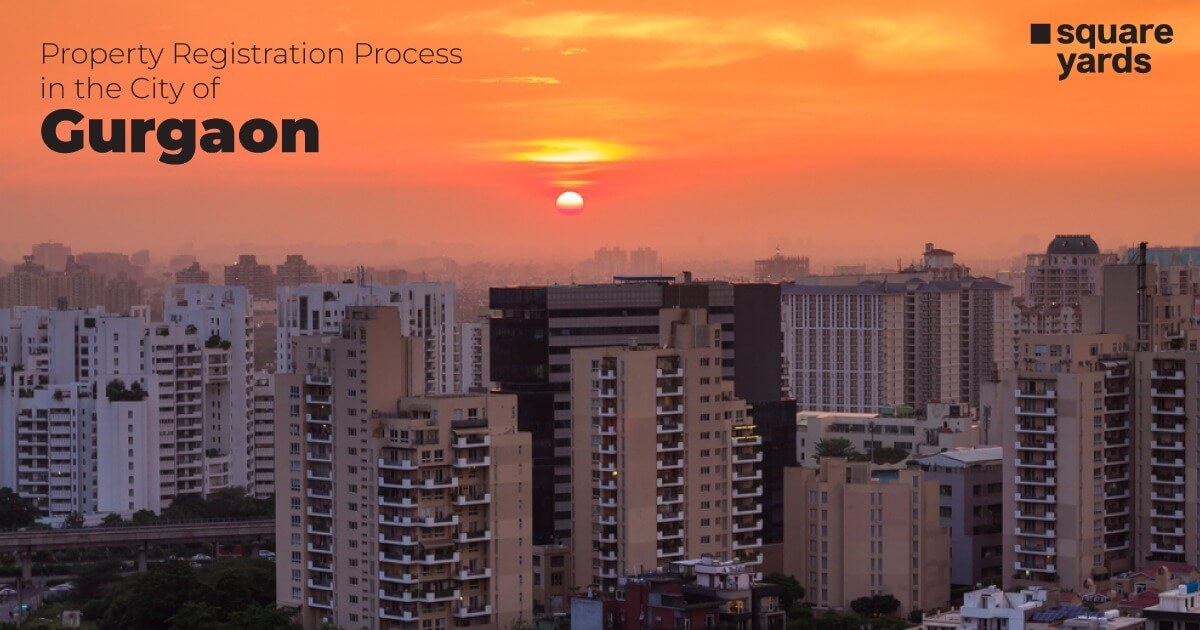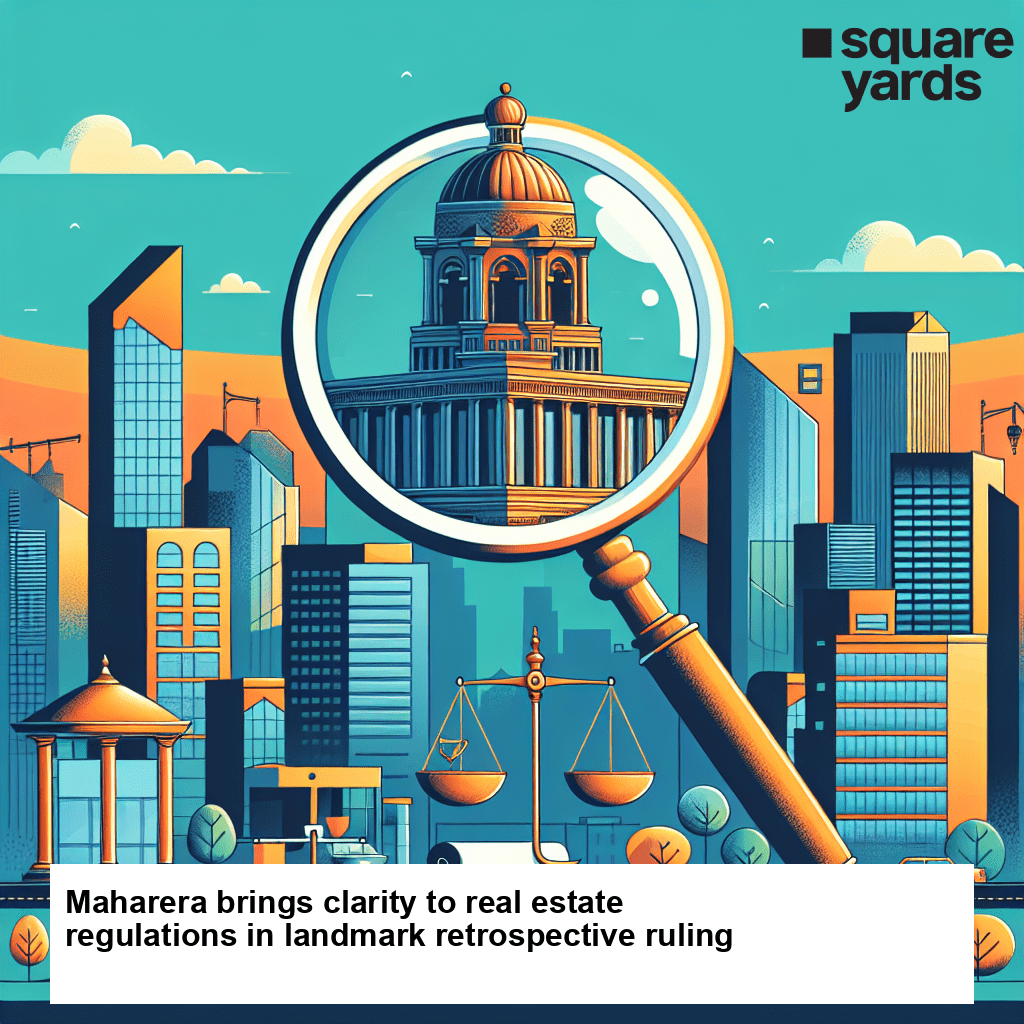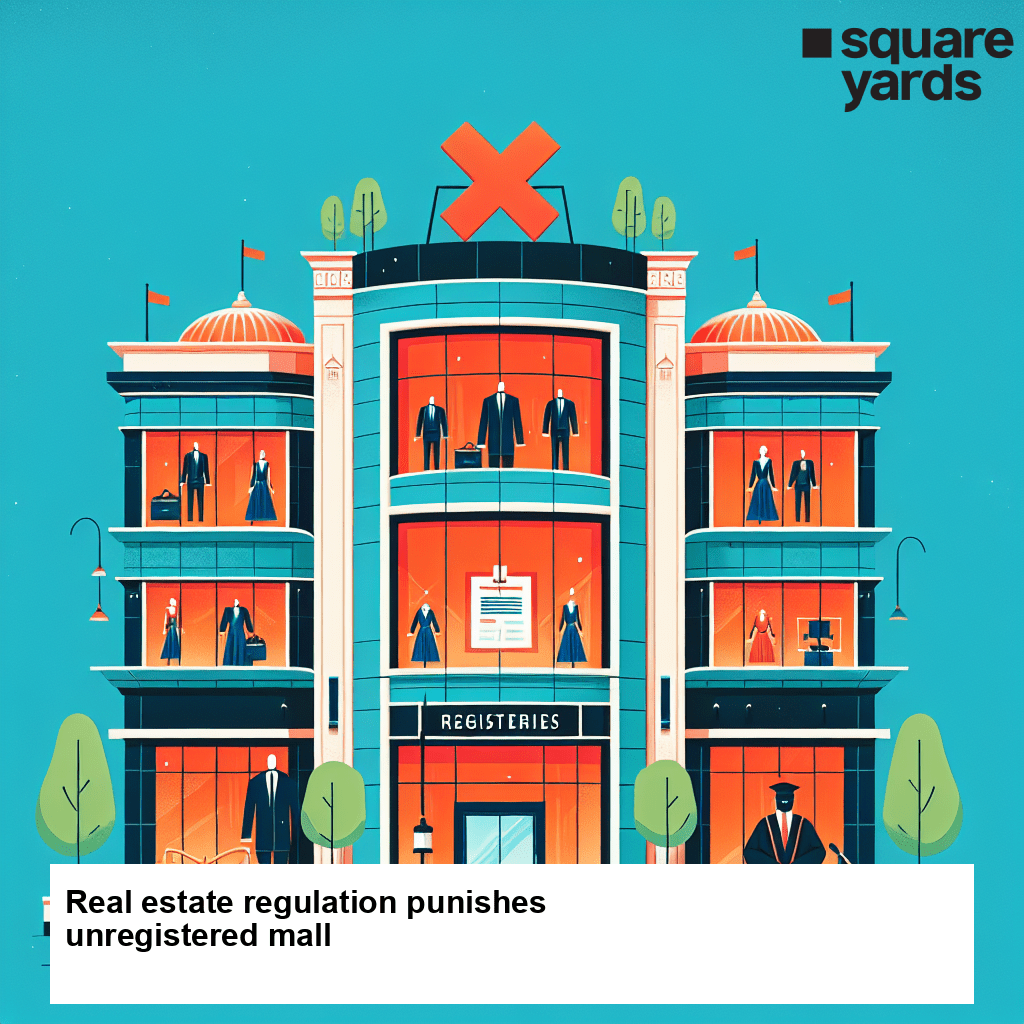The Goods and Services Tax or GST on rent came into effect on July 18, 2022. However, the GST will only apply in some instances and not in all cases. Following the recommendations of the 47th GST council meeting, the government recently withdrew the exemption on renting residential properties to registered business entities.
GST on Rent on Property: Different Permutation and Combinations
According to the new GST rules, the applicable tax for commercial and residential properties differs in a few aspects. See the difference between the GST charged for individuals residing in residential and commercial properties.
Commercial Property
1- If the landlord has a GST registration, the GST rate will be 18% on a forward charge account.
2 – There is no GST on the commercial property if the landlord does not have a GST registration.
3 – Whether or not the tenant is GST registered, GST is not applicable.
Residential Property
1 – If the landlord has registered for GST or not, it makes no difference, as no GST is applicable.
2 – If the tenant has registered for GST, there is no applicable GST when the property is rented to an individual or for personal use.
3 – 18% GST on residential unit rental if rented to a business entity.
In the midst of reports about an 18% GST applicable on house rent for renters, the Indian government clarified on August 12 that renting residential units will be charged with tax only when it is rented to any business entity. No goods and services tax will be charged if rented for personal use to an individual. It is also stated that the GST will not be levied if the proprietor or a business’s partner gives their residence on rent for any kind of personal use.
According to the suggestions of the 47 GST Council meeting, effective on July 18, a tenant with GST registration will need to pay an 18% goods and services tax if they wish to rent any residential plot.
However, if the transaction is for personal use, the input tax credit for such purchases can be claimed.
The government issued a clear clarification to allay any unnecessary concern among the public, as the majority of the individuals who had the notion that renting out a residential property to unregistered individuals would also result in the application of additional GST, says indirect partner tax of KPMG India, Abhishek Jain.
Most importantly, there was a dire need for clarification from the government. It was a relief to proprietors with GST registration or their partners in firms registered under GST. They rent the immovable property for any kind of personal use, like renting a home to accommodate a family. In this case, the Indian government has clearly said that the GST won’t be applicable.
Previously, only residential properties, like offices or retail spaces, were subject to GST.
Earlier iterations consisted of the GST rules charged tax applicable to commercial properties such as retail spaces, offices, etc. However, when we look at the new set of rules, the rent paid for residential plots used for business purposes will also be subject to GST. The tax liability will only be on assessees registered under GST, i.e., firms/people are the ones who are required to file GST returns, but not the owners of residential properties.”
He also stated that these new rules would make businesses taxable that operate in residential properties and use their own homes or similar properties to escape paying the GST as per the previous rules for GST rules.
The GST Council conducted its 47th meeting around the end of June and accepted the interim reports about the duty inversion and exemptions from the group of ministers. GST was implemented on July 18 for pre-labelled and pre-packaged retail packs such as buttermilk, lassi, and curd.
It also decided to levy a 5% GST on hospital room rents exceeding Rs 5,000 per day per patient, excluding intensive care units (ICU), with no input tax credit. In addition, the Council decided to levy a 12% GST on all maps and hydrographic or similar charts, including wall maps, atlases, globes, and topographical plans.
It was also decided to levy an 18% GST on the fees that all banks charge for the issuance of cheques in loose or in the booking form and to bring hotel rooms below INR 1,000/ day under a 12% GST slab as opposed to the present tax exemption classification.
The tax on petroleum or coalbed methane has also been raised to 12%, just 5% earlier. The tax applicable to e-waste has been increased from 5% to 18%. GST exemptions granted by the Irdai, RBI, FSSAI, Sebi, and GST have additionally been withdrawn. The tax on technological and scientific instruments provided to research institutes funded by the public has also been increased from 5% to the “rate applicable.”
see also – Government of India launches online real estate platforms
GST on Rent: Impact on Rental Housing
The decision to raise the tax burden on companies that rent out residential buildings to be used as guest homes and lodging for their employees may limit the growth of rental real estate in India.
The property worth would be between Rs 5 crore and Rs 6 crore if someone paid a monthly rent of Rs 1 lakh. The additional GST, which would cost about Rs 18,000, may eventually drain the tenant’s bank account and the property owner because the tenant might try to lower the rent.
As a result, fewer people would volunteer their homes for rent because their ability to make a profit from rentals may be negatively harmed.











































